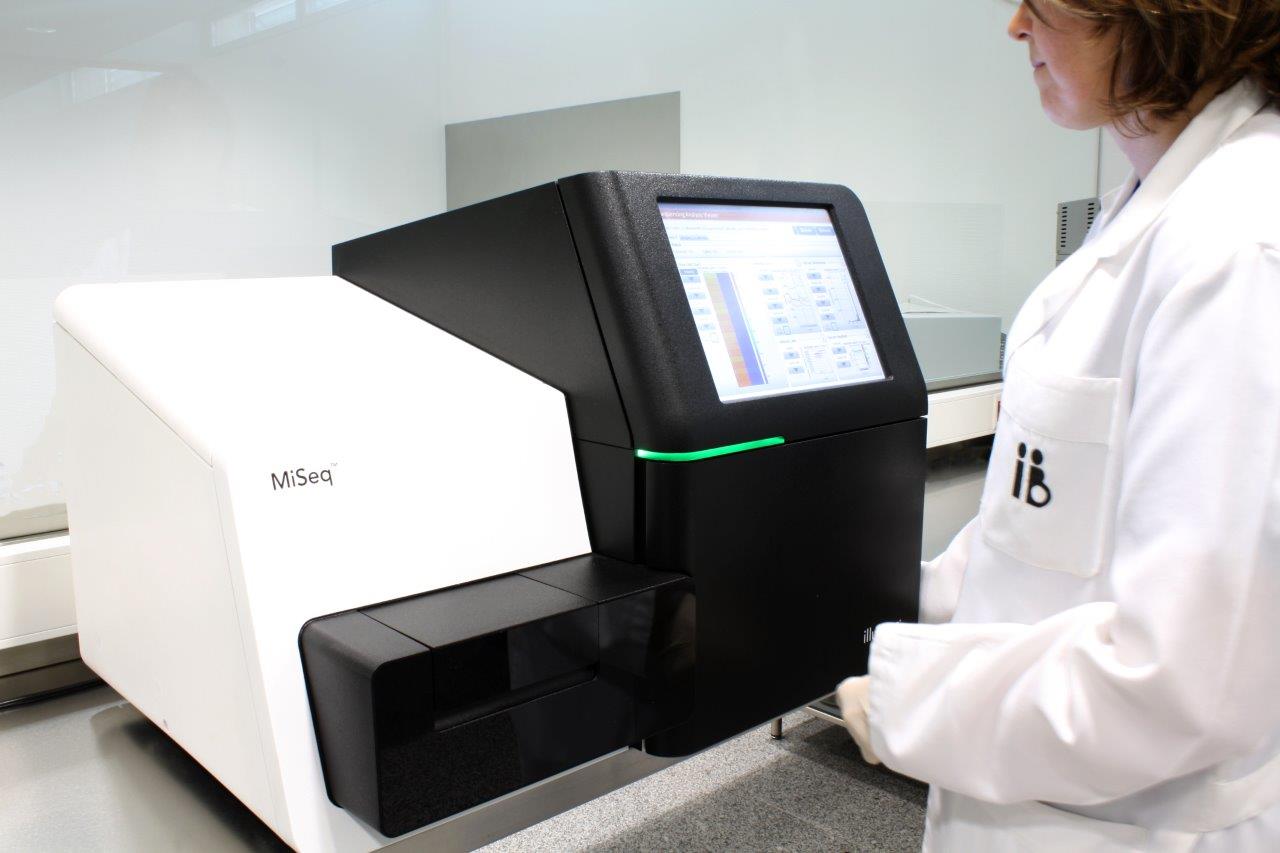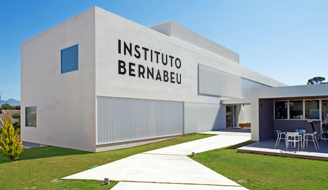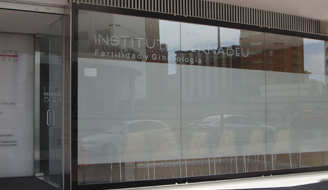An Instituto Bernabeu study to detect chromosomal abnormalities in the embryo sparks the interest of the congress for the Study of Reproduction Biology
Instituto Bernabeu has delivered research work on the detection of chromosomal mosaicism in embryos using next generation sequencing (NGS) and its influence on birth rates to the Association for the Study of Reproduction Biology (ASEBIR) congress to be held in Madrid. Thanks to this complex technique, the researchers have proven that low-grade mosaicism in the embryo does not affect the birth of healthy children to a significant degree.
Pre-implantation genetic screening (PGS) using the NGS technique is used to select embryos that are chromosomally normal prior to transfer to the mother's uterus. Thanks to its elevated degree of sensitivity, it also facilitates identification of mosaic embryos. In other words, embryos that contain a mix of normal and abnormal cells. The study led by Dr Ruth Morales points out that embryos of this kind can destroy abnormal cells and replace them with normal ones, making them suitable for implantation and giving rise to a normal pregnancy. However, chances are lower in these cases compared with embryos that do not have mosaicism.
“Detección de mosaicismo cromosómico embrionario mediante NGS: Influencia sobre la tgasa de recién nacido vivo”. R. Morales, B. Lledó, J.A. Ortiz, J. Ten, J. Ll. Aparicio, R. Bernabeu
Comunicación oral









